The rice fields echoed with cheers late last month as Xie Hua'an, an academician at the Chinese Academy of Sciences, announced that the yield from the demonstration fields at a base in Hengnan county, Hunan province, had reached an average of 14,041 kilograms per hectare.
Taken together with the average yield of 10,071 kg per hectare for early rice that was recorded in July, 24,058 kg per hectare for both crops at the same fields has set a new national record, said Xie, who is also director of a panel responsible for checking on yields.
With the help of third generation hybrid rice developed by late Chinese agronomist Yuan Longping, the annual yield per hectare of double-crop rice at the Hengnan base has exceeded goals for two consecutive years, contributing to the growth of the national rice yield and helping to ensure China's food security.
The 20.36-hectare base is one of the county's main experimental hybrid rice farms.
Li Xinqi, who is in charge of the base's third generation hybrid rice project, said the strain has played an important role in the growth of rice yields.
"The third generation combines better male and female parents to maximize heterosis," he said, speaking of the phenomenon by which hybrid offspring exhibit greater biomass, faster development and greater fertility than their progenitors.
Code named "Sanyou Yihao", the hybrid cultivated at the base has become a star booster of rice yields, Li said.
According to the researcher, the Sanyou Yihao strain has a flexible seedling age, meaning that it remains able to be planted for longer, it has more effective tillers (stems), and its panicle (head) rate is 85 percent higher, which means that the strain can concentrate more sunlight, rain and nutrients on the tillers.
"There is less waste in its early stage of growth, and it has a solid foundation, which is a high-yield mechanism," Li said.
"In addition, the variety grows for 50-60 days from heading to maturity, this makes its ears (panicles) grow heavier and stronger. And in the later stages, the rice stalks are still strong and have strong lodging resistance," Li said. Lodging is a process that affects many grains and leads to stems bending near ground level, making them harder to harvest.
Li Jianwu, director and assistant researcher at the physiological and ecological cultivation office at the Hunan Hybrid Rice Research Center, said that Professor Yuan, who was an academician at the Chinese Academy of Engineering, once said that good varieties, good cultivation methods and good fields, plus good conditions were the guarantees for high yields among improved varieties.
"The Sanyou Yihao strain was able to set a record because it is being cultivated at the Hengnan rice base, where all those high yield conditions are met," Li Jianwu said.
Yuan, who was known as the "father of hybrid rice" died in his hometown in Hunan province in May.
Zhang Deyong, Party chief and a researcher at the center, said that the yield measurements confirmed the stability of third generation hybrid rice.
"It is representative of our scientific and technological innovation, marking a new breakthrough in hybrid rice breeding techniques," he said.
Hengnan county has a subtropical monsoon climate: warm and humid, with sufficient heat and concentrated periods of rain. With an average annual temperature of 18 C, average annual rainfall of 1322.4 millimeters, average annual sunshine of 1,454 hours and an average annual frost-free period of 282 days, it is suited to the growing needs of double-crop rice.











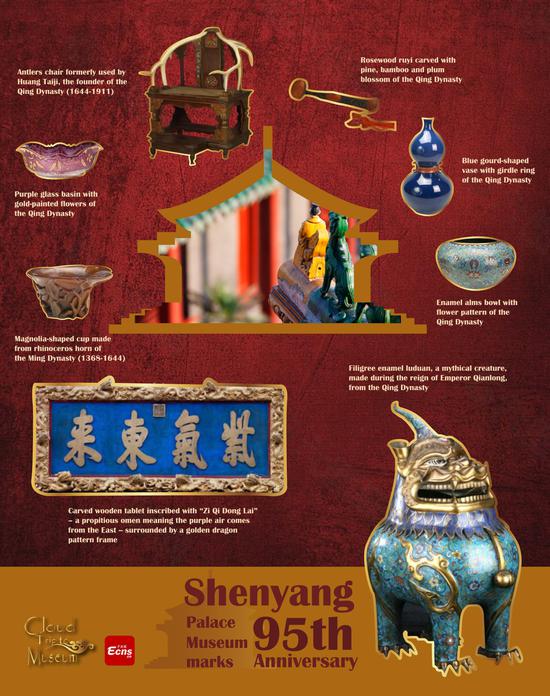
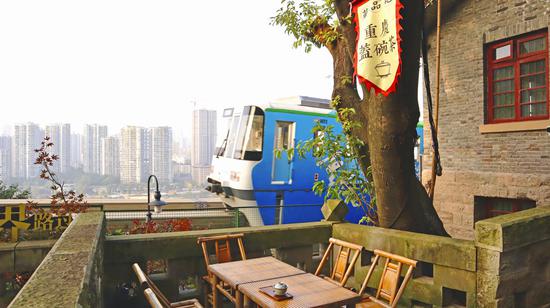
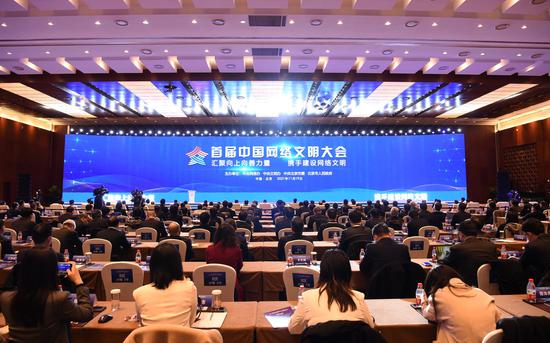
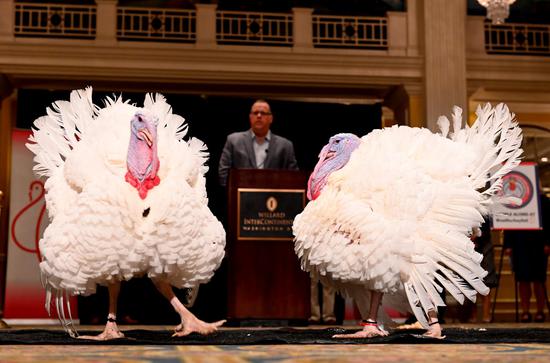

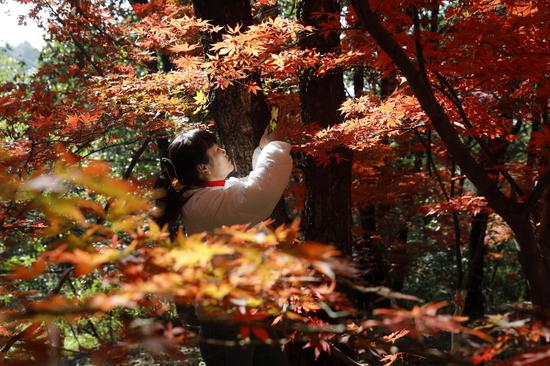

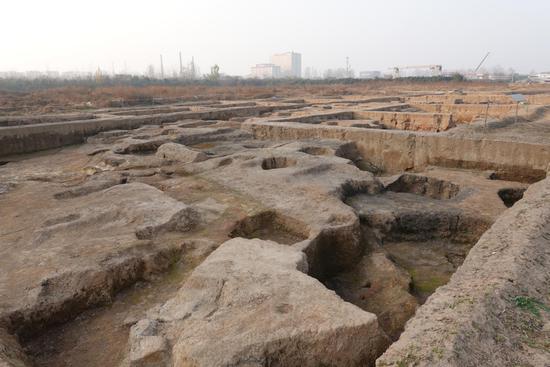




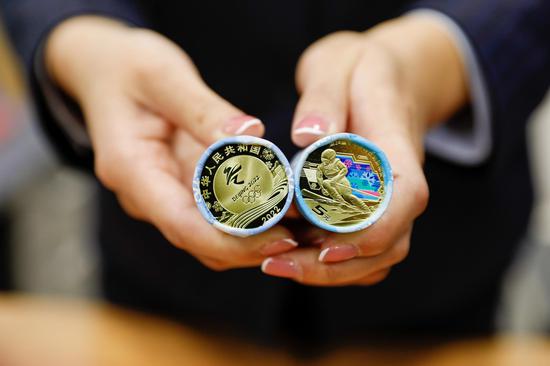
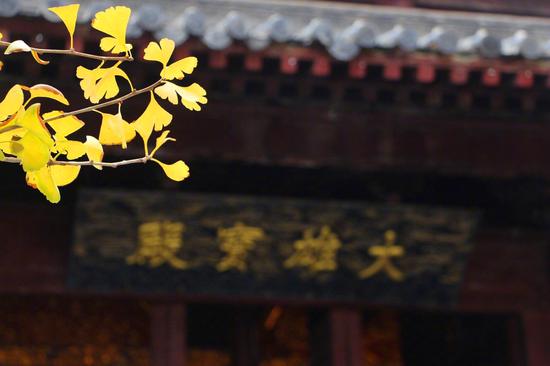
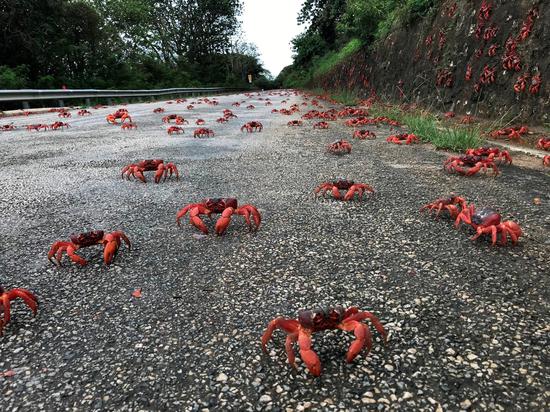
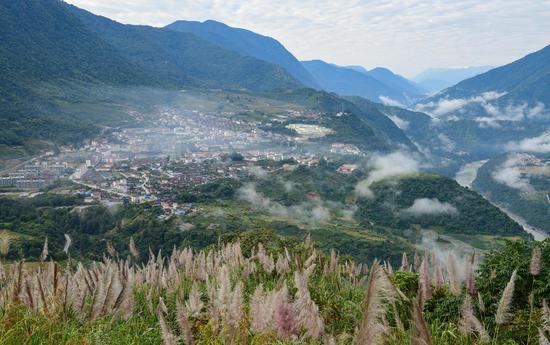
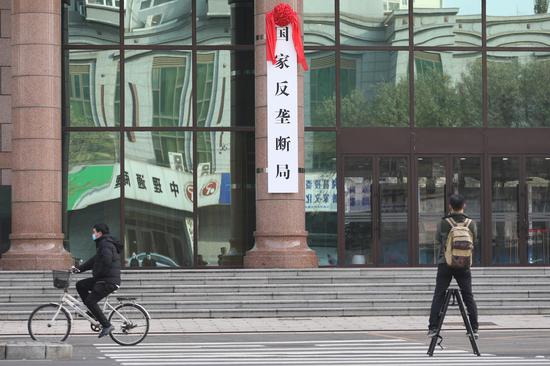


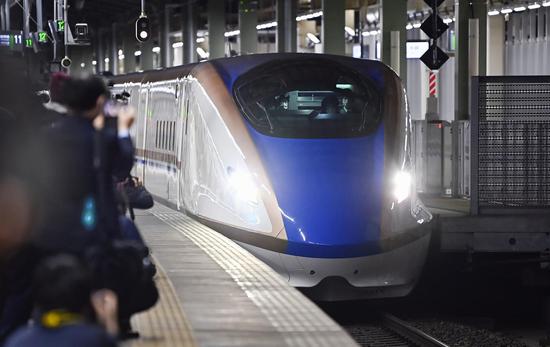

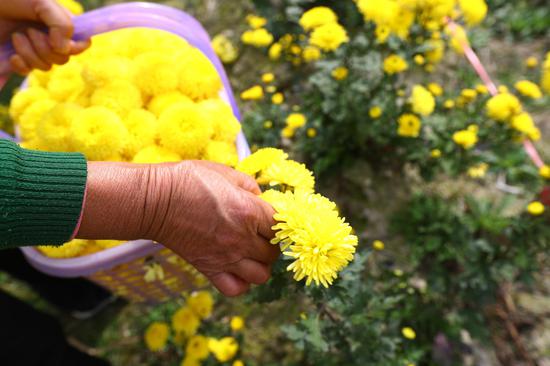
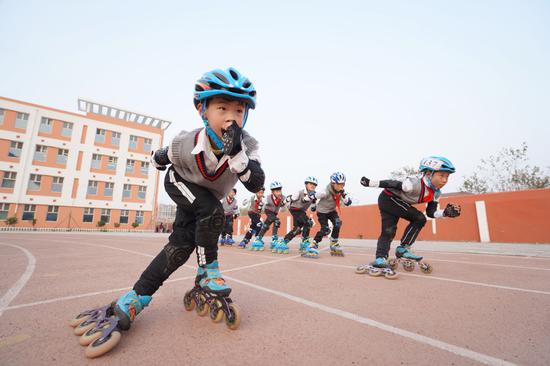
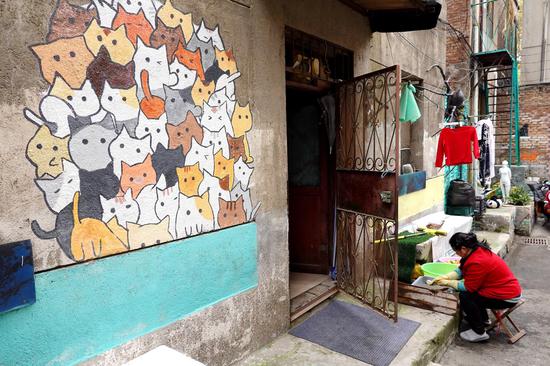
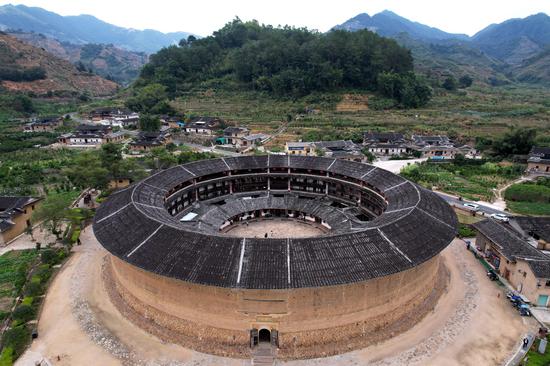
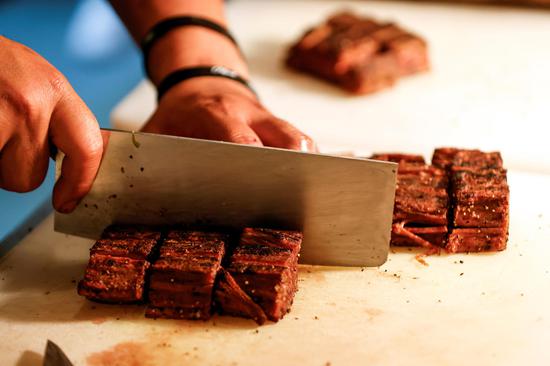
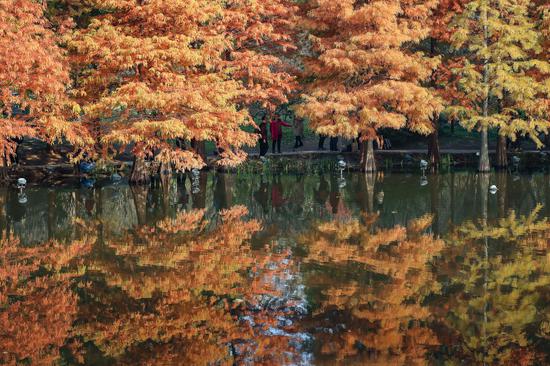


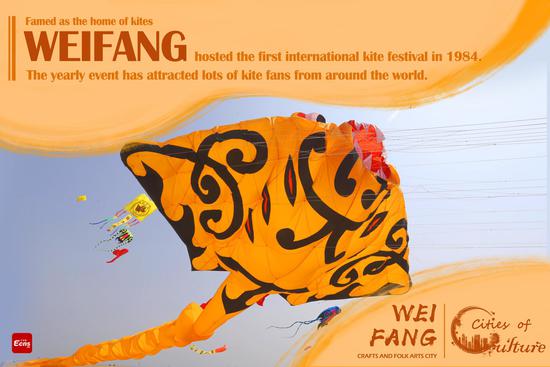
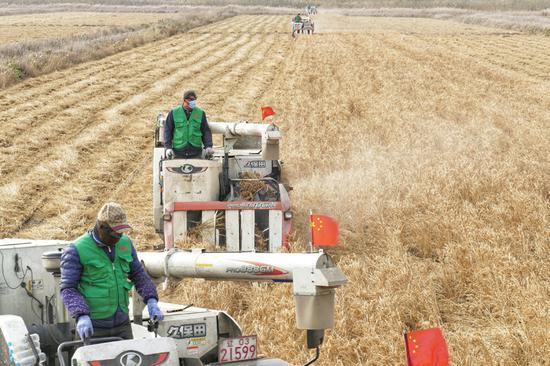
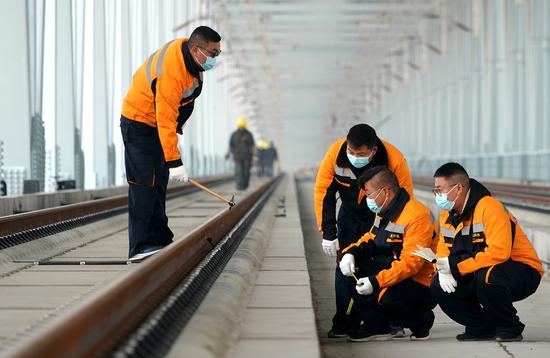
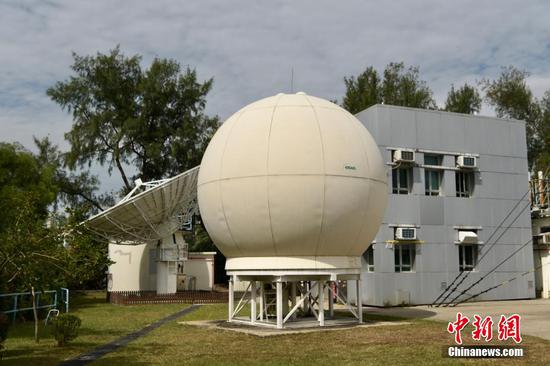
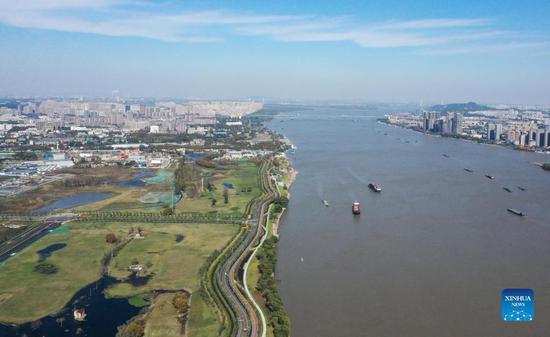





 京公网安备 11010202009201号
京公网安备 11010202009201号